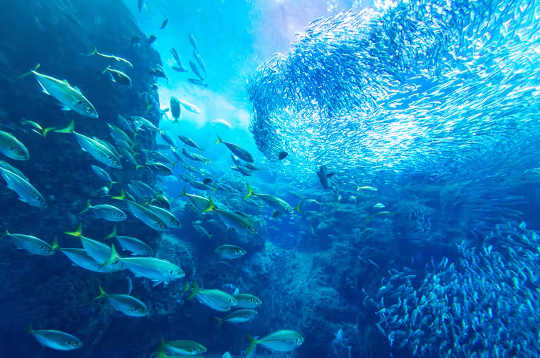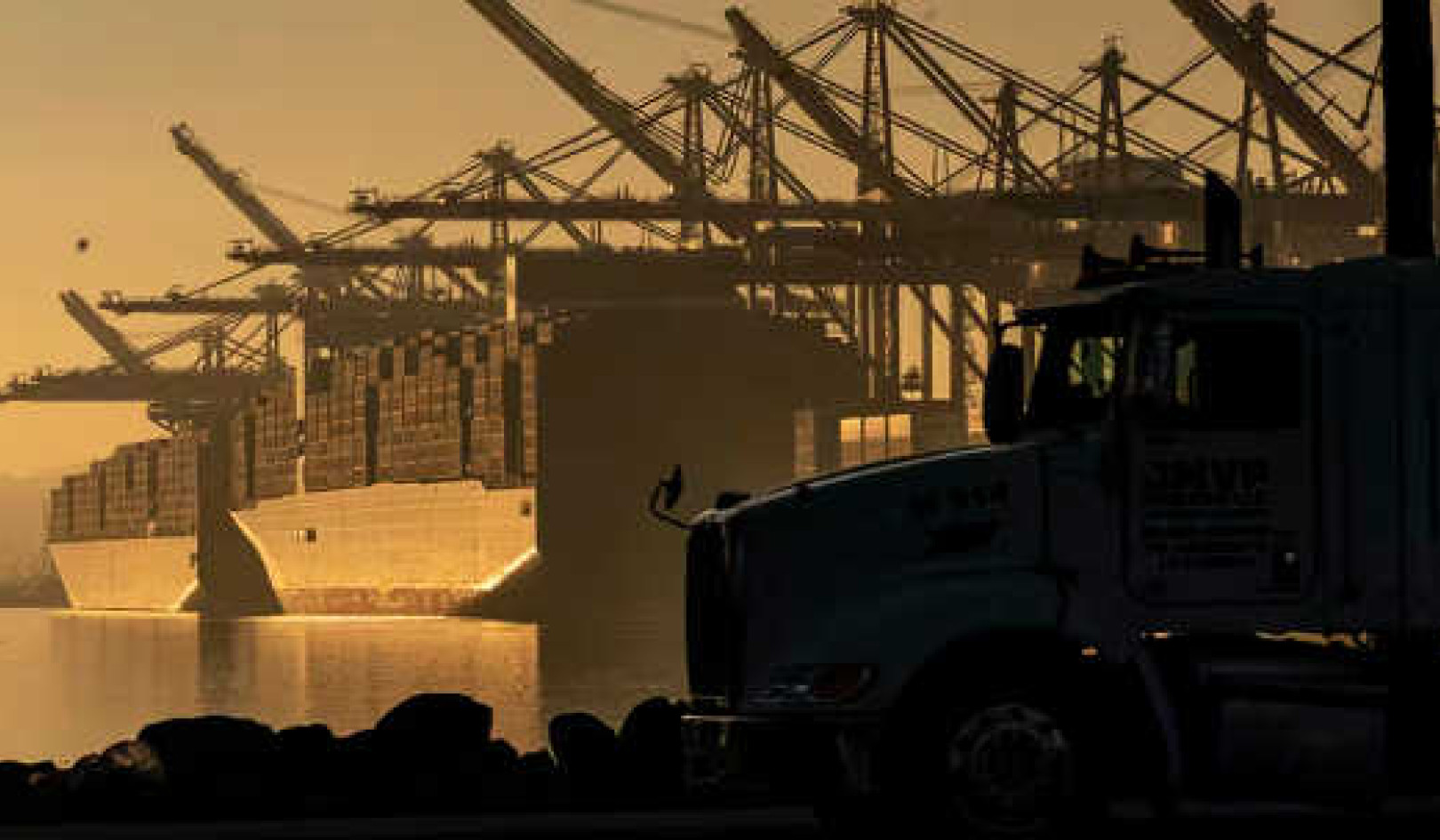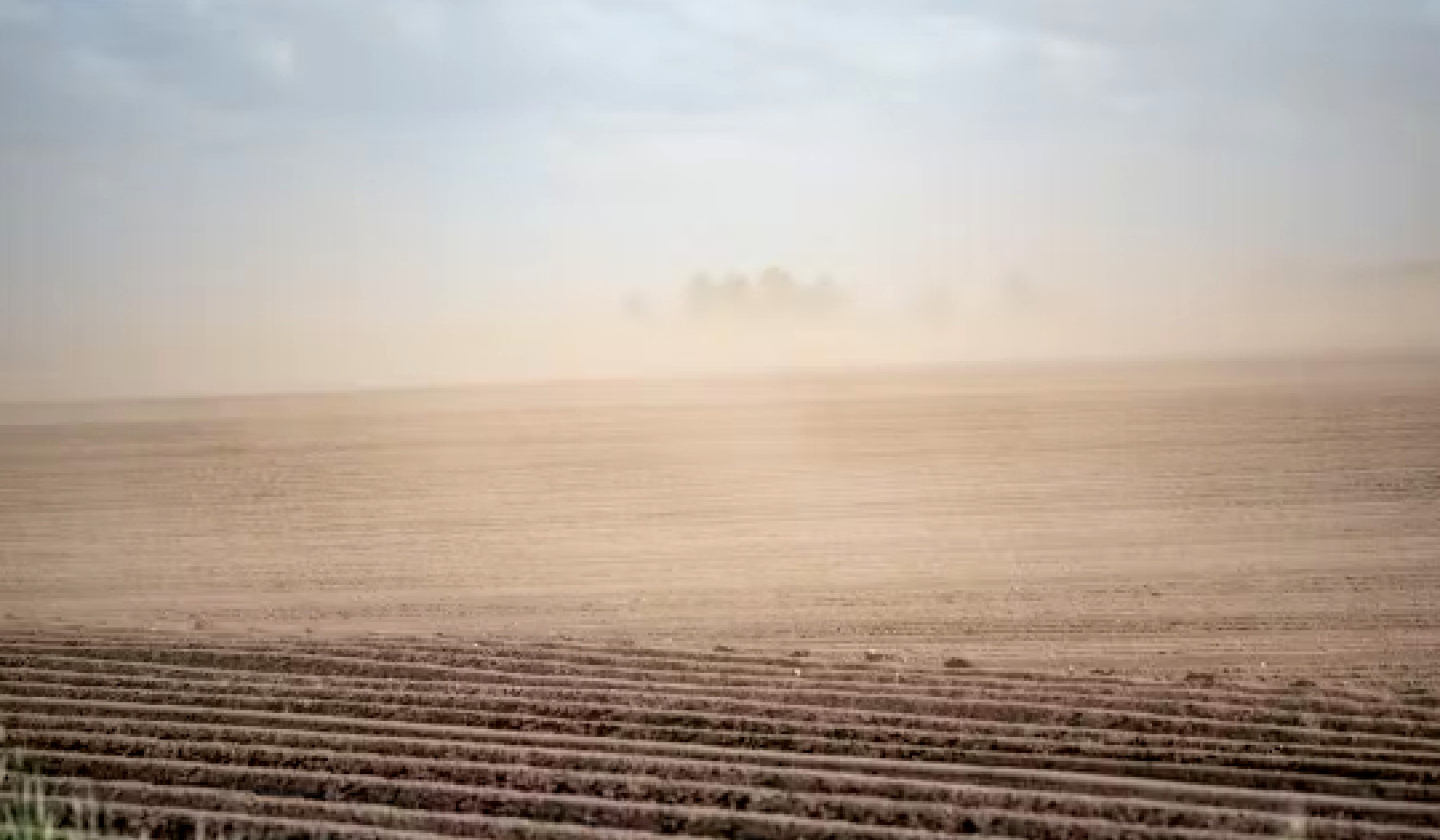
Fish stocks are in decline around the world, in part because of the way we value nature and fail to account for their long-term benefits. (Shutterstock)
Indigenous Elders recently shared their dismay about the unprecedented decline in salmon populations in British Columbia’s three largest salmon-producing rivers. Research produced by my team found that the Coho salmon catch off the southern B.C. coast has declined to only about five per cent of the peak catch, which dates back to the early 1900s.
The decrease in fish stocks is a global problem. Cod stocks off Newfoundland, pilchard along the coast of Namibia, spring-spawning herring off Norway and sardines off California have all collapsed in the past five decades or so. Globally, more than 100 million tonnes of fish are plucked from the ocean each year, equivalent to over 100 million mature cows in weight!
According to the United Nations Food and Agricultural Organization (FAO), 34 per cent of the world’s fish stocks are overfished. But other organizations, including the Global Fish Index, estimate that roughly half of marine fish stocks are overexploited.
These depletions are partly due to the way we value — or rather don’t value — nature. The inappropriate valuation of the goods and services nature provides us with is a fundamental reason why we have failed to take good care of the ocean and the environment at large. It is undermining humankind’s ability to achieve what I call “infinity fish”: passing on a healthy ocean to our children and grandchildren so they too can have the option to do the same.
The price isn’t right
When it comes to fish, some economists say all will be fine if we just get “the price right.” I say get the value and valuation right and we will be in a better position to live in harmony with nature. Assigning the correct value to fish will help societies assess the long-term cost of depleting the ocean of too many fish, too quickly, in too many parts of the ocean.
Marine fisheries are vital for the livelihoods of tens of millions of people worldwide. They contribute directly and indirectly to the food and nutritional security of billions by delivering seafood and generating tens of millions of jobs and incomes, especially in the least developed coastal countries of the world, where the ocean supplies up to 20 per cent of the animal protein people consume.
Wild fish stocks are a renewable resource that can continue to provide food and livelihoods to people forever — if they’re used wisely. Mathematically, anything that continues to provide a positive gain, no matter how small, will add up to infinity.
No one wants a dead ocean. To avoid that, we need to adopt an infinity fish way of thinking: a proper and complete valuation of the full range of the ocean’s benefits — seafood, carbon sequestration, recreation, culture, heat absorption — beyond what we sell in the market.
Discounting nature away
A key challenge to economics is how to value benefits from marine ecosystems in a comprehensive manner and in a way that captures their long-term diverse values. We have to meet this challenge if we are to have any chance of achieving infinity fish.
A key obstacle to achieving infinity fish is that, as humans, we tend to view anything close to us, both temporally and spatially, as large and weighty, while we give little or no importance to anything more distant. This tendency, which is partly captured by the economic concept of discounting, has been a big stumbling block to our ability to live in harmony with nature.
Essentially, discounting, which reduces benefits to be received in the future to its value today, makes us want to frontload our benefits and backload our costs. This tendency partly explains why we continue to overexploit biodiversity and deplete marine fish stocks in particular. It also partly explains why we keep polluting the environment with carbon dioxide and plastic.
Closing the high seas to fishing would have an immense positive effect on fish stocks.
Once individuals, communities and societies calculate the true values, we will be able to develop the guiding principles we need to live in harmony with nature. It would motivate us to:
- effectively manage fish stocks;
- deal with the drivers of overfishing;
- eliminate or redirect harmful fisheries subsidies;
- rebuild and restore depleted fish stocks;
- avoid oil spills and marine plastic pollution;
- eliminate illegal and illicit trade in fish catch;
- close the high seas (areas beyond national jurisdiction) to fishing;
- treat climate change as the crisis that it is.
Ultimately, we need to avoid harmful policies that encourage negative actions by people on nature, such as handing more than 80 per cent of global fisheries subsidies to large-scale industrial fishing fleets, to the disadvantage of small-scale coastal fishers, including artisanal and subsistence fisheries.
Future generations
From the ocean, good things come, and to the ocean, bad things go.
People take what they want or need from the ocean, pulling those goods into our economic, cultural and social systems. In turn, we generate lots of waste, including greenhouse gases, which are absorbed by the ocean and increase sea surface temperatures, raise sea levels and boost ocean acidity, among other negative imp
Clearly, we must take the good things from the ocean more wisely and within the limits of nature, while reducing the pollution that reaches the ocean to the barest minimum. We must also ensure that what we take out of the ocean is used to meet the needs of as many people as possible, especially, the most vulnerable among us.
To achieve infinity fish, we need an interdisciplinary approach, founded on partnerships that allow scientists, Indigenous Peoples, governments, businesses, NGOs and civil society to co-create solutions.
The ocean is huge: it covers 70 per cent of the Earth’s surface. But it is not too big to protect — we have the brains and empathy needed to collectively ensure we achieve infinity fish for future generations. We just need to get the values and valuations right. ![]()
About The Author
Rashid Sumaila, Director & Professor, Fisheries Economics Research Unit, University of British Columbia
This article is republished from The Conversation under a Creative Commons license. Read the original article.
Books on The Environment from Amazon's Best Sellers list
"Silent Spring"
by Rachel Carson
This classic book is a landmark in the history of environmentalism, drawing attention to the harmful effects of pesticides and their impact on the natural world. Carson's work helped to inspire the modern environmental movement and remains relevant today, as we continue to grapple with the challenges of environmental health.
Click for more info or to order
"The Uninhabitable Earth: Life After Warming"
by David Wallace-Wells
In this book, David Wallace-Wells offers a stark warning about the devastating effects of climate change and the urgent need to address this global crisis. The book draws on scientific research and real-world examples to provide a sobering look at the future we face if we fail to take action.
Click for more info or to order
"The Hidden Life of Trees: What They Feel, How They Communicate?Discoveries from A Secret World"
by Peter Wohlleben
In this book, Peter Wohlleben explores the fascinating world of trees and their role in the ecosystem. The book draws on scientific research and Wohlleben's own experiences as a forester to offer insights into the complex ways that trees interact with one another and the natural world.
Click for more info or to order
"Our House Is on Fire: Scenes of a Family and a Planet in Crisis"
by Greta Thunberg, Svante Thunberg, and Malena Ernman
In this book, climate activist Greta Thunberg and her family offer a personal account of their journey to raise awareness about the urgent need to address climate change. The book provides a powerful and moving account of the challenges we face and the need for action.
Click for more info or to order
"The Sixth Extinction: An Unnatural History"
by Elizabeth Kolbert
In this book, Elizabeth Kolbert explores the ongoing mass extinction of species caused by human activity, drawing on scientific research and real-world examples to provide a sobering look at the impact of human activity on the natural world. The book offers a compelling call to action to protect the diversity of life on Earth.























